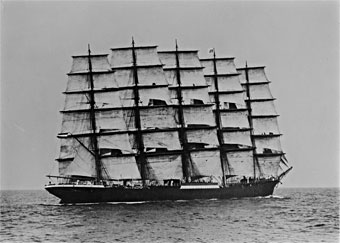As Professor Tolkien has pointed out,
Reference to Tolkien's Lecture, "On Fairy Stories": https://coolcalvary.files.wordpress.com/2018/10/on-fairy-stories1.pdf
As Professor Tolkien has pointed out,
Reference to Tolkien's Lecture, "On Fairy Stories": https://coolcalvary.files.wordpress.com/2018/10/on-fairy-stories1.pdf
Questioning and predicting were found most useful asthey led to a transformation from passive reading to a deeper level of comprehension.
A project listed in "Remarking on Annotation", Annotating Austen, includes annotation guidelines. These guidelines are broad enough to welcome a variety of interactions, while also providing an instructive framework for students. I like the idea of "seeded annotations", too, or questions/remarks interweaved from the instructor. Noting for future use!
just as though he had the physical page before him.
Strange that we also want to do more than the material is capable of, but we still want the sense of material interaction. Why?
No human vocal chords entered into the procedure at any point;
I thought he was going to get to benefits for health/medicine/disabilities but alas...it is all reviewed as a benefit for masculine and able-bodied intellectualism
A record if it is to be useful to science, must be continuously extended, it must be stored, and above all it must be consulted.
I'd disagree with this. Old and forgotten media have had great use; if they were not extended or needed that doesn't cancel out their former use (thinking of the work of Lisa Gitelman here)
square-rigged ships.

What a weird metaphor! A square-rigged ship—I think—was a type of vessel that had been improved over several hundreds of years and was commonly used in the nineteenth century. Bush seems to be using it to represent something that was formerly considered a hallmark of civilization (a tool of conquest, nationalism, exploration), but was outdated in a 20thC technological environment
The investigator is staggered by the findings and conclusions of thousands of other workers—conclusions which he cannot find time to grasp, much less to remember, as they appear.
This astonishment at the "findings and conclusions of thousands of other workers" seems connected to our "information overload" not only in the amount of information available, but in how we relate to it. There is so much out there; is this useful in de-centering individual intellectual authority, or harmful in making all discourse relative?